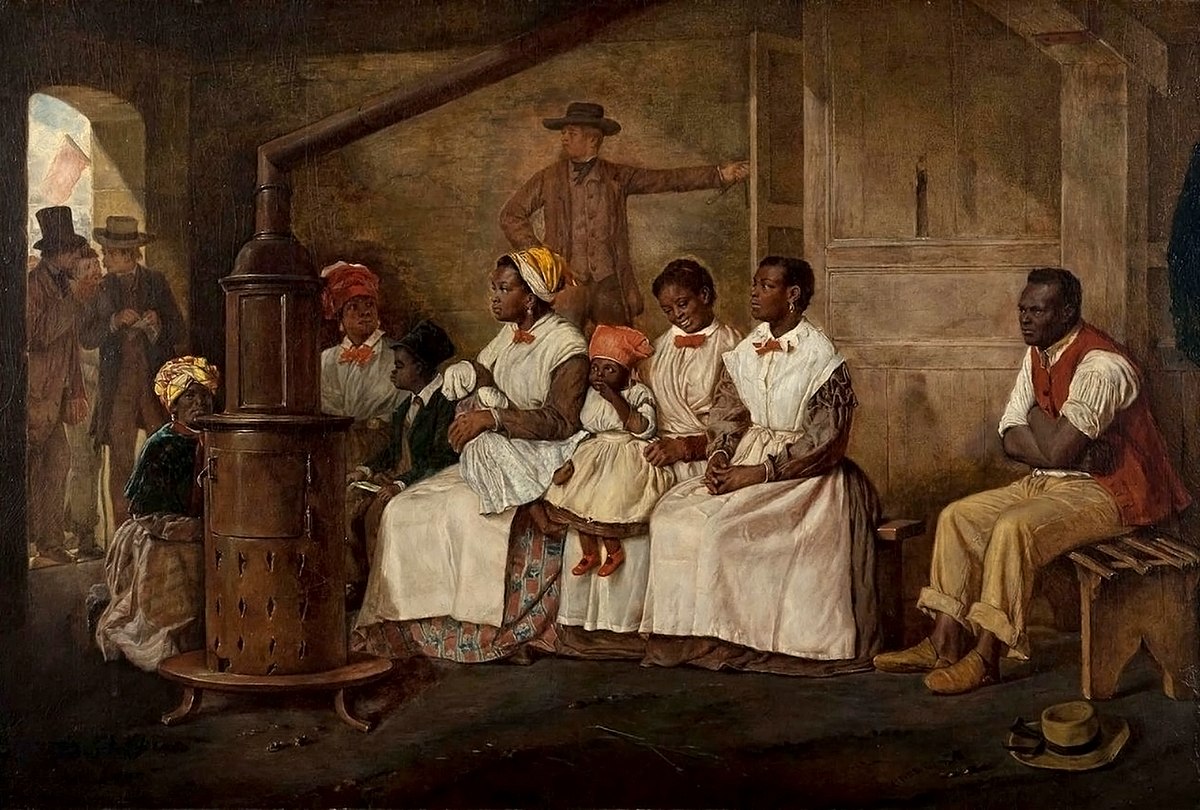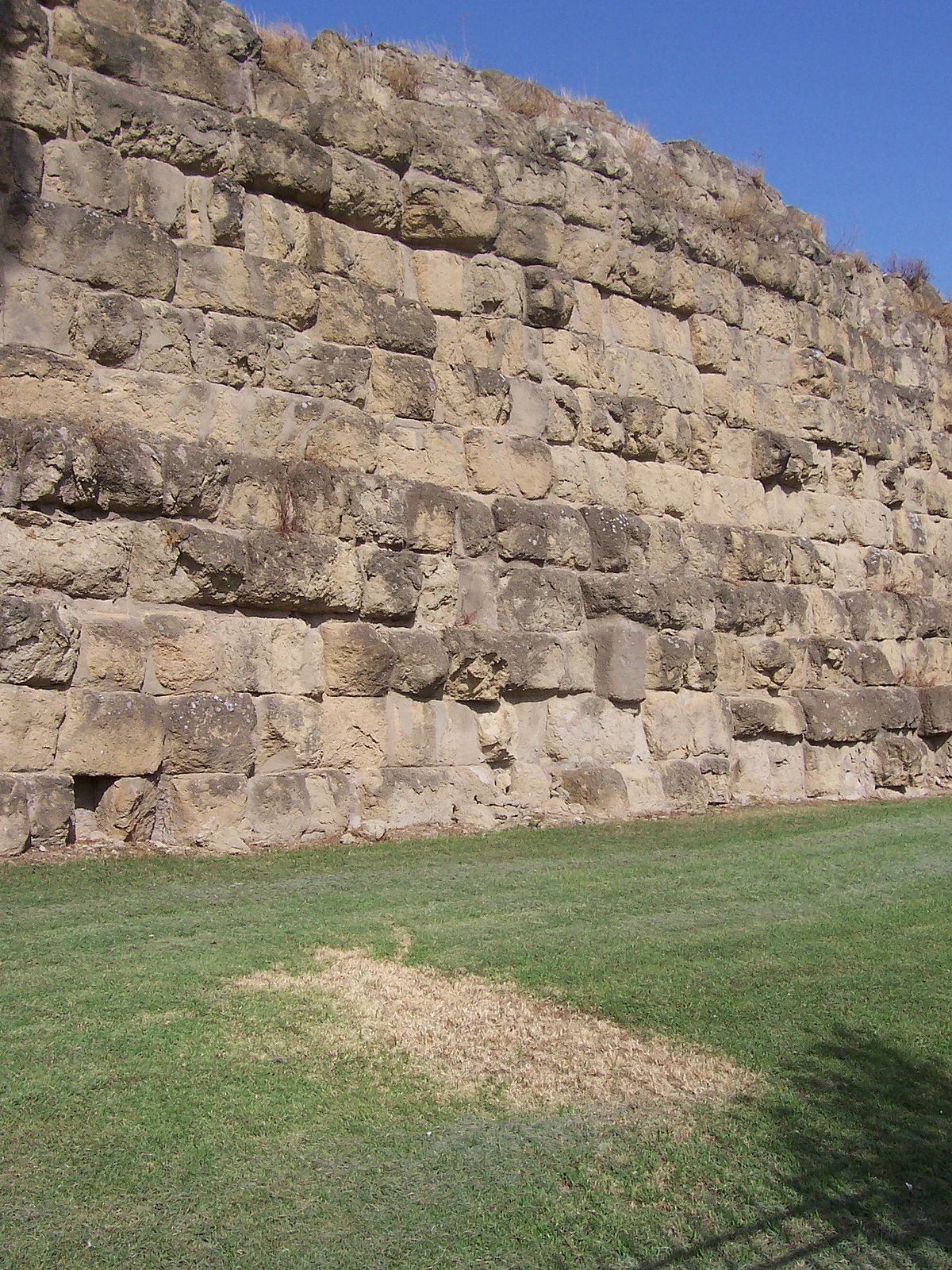Enlightenment - Seeing the world in a new licht
“Let every man be fully persuaded in his own mind.”
“The first great stride of common advance was that from Calvinism with its Gospel of God’s love for the elect, to Arminianism with its Gospel of God’s love for the world at large.”

nonsubscribingpresbyterian.wordpress.com
...
This is the proximate outcome of John Locke, and his student Shaftesbury, and their demand for Toleration. But this tolerant debating society in Belfast could not have been possible without the intolerance of Carstairs and Donlop at the University of Glasgow in 1690 when they converted that school from a madrassa where ministers were trained to enforce a catechism on the Scots to a trade school with a philosophy department.
The graduates learned how to enjoy the debate (lawyers and ministers).
Or they learned useful skills like surgery, making a better steam engine, clearing mines of gases, classifying rocks or building repeating rifles. The percussion cap was invented by a Scots minister with time on his hands who struggled to hunt in the rain.
...
Concurrency
- Carstairs-Donlop reforms at Glasgow and the appointment of Wodrow 1690
- Belfast Society 1705
- Grand Lodge of All England Meeting Since Time Immemorial in York 1705
- United Kingdom of Great Britain 1707
- Shaftesbury anonymously publishes "A Letter Concerning Enthusiasm" advocating religious toleration 1708
- Shaftesbury on civility and rubbing along together 1709
- The Hanoverian Whigs 1714
- First known Lodge of Freemasons in North America formed in Pennsylvania 1715
- 1st General Synod of Presbyterians in America sees representatives from all 13 Colonies (8 Presbyteries) gather in Philadelphia (60 years ahead of independence) - Topic of debate: "Why is my liberty judged of another man's conscience?" 1 Corinthian 10:29 1716
- 'Bishop Benjamin Hoadly, Church of England preached before King George I that Christ sanctioned no visible Church authority - no popes, no kings, no confessional standards - individual conscience 1717
- Migration of Scots-Irish Presbyterians from Ulster to America 1717
- Grand Lodge of London - 24 June - Masons 1717
....
Why this digression during the discussion on slavery? Because this is the era where Britain started to openly support debate, toleration, freedom and happiness. And it happened in a Deist environment.














